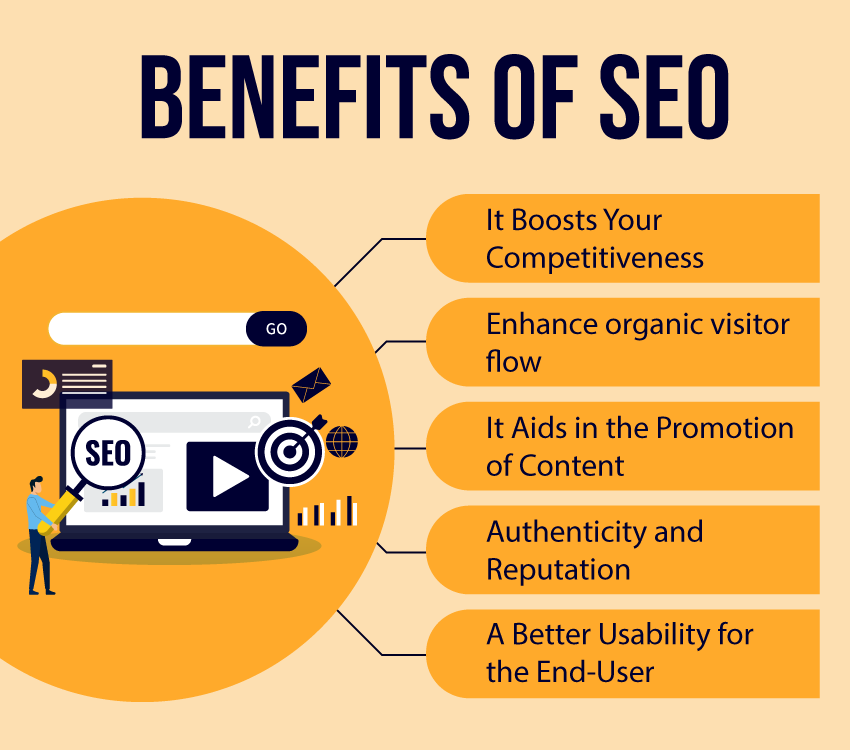Search Engine Optimisation (SEO) is the practice of increasing a website’s visibility in a search engine’s organic (unpaid) rankings. The primary goal? To drive targeted traffic to your website for keywords that matter to your business.
By ranking higher in search results, you can attract more visitors to your site, leading to increased conversions—whether that’s sales, sign-ups, or enquiries.

A Dual Focus on Performance and User Experience
SEO combines technical improvements to your website with content-specific best practices. This dual approach makes it easier for search engines like Google to discover, understand, and rank your content while providing a seamless experience for users.
Key SEO tasks include:
- Creating high-quality content that resonates with your audience.
- Optimising content around relevant keywords.
- Building backlinks from authoritative sources to boost your site’s credibility.
Why Is SEO Worth Your Investment?
SEO has the power to deliver “free” organic traffic to your website month after month. For example, ranking at the top of Google for a high-volume search term can result in thousands of visitors—and that’s just from one keyword. Multiply this by dozens or even hundreds of keywords, and the value is undeniable.
If just 1% of those visitors convert, with an average order value of £50, the potential revenue can be substantial.
Organic vs. Paid Results
Search engines display two types of results: organic and paid.
Organic Results
These are unpaid listings that search engines rank based on hundreds of factors like relevance, quality, and authority. They are considered the most trustworthy and valuable results.
Paid Results
These are ads that appear above or below the organic results. Advertisers bid for visibility, but rankings in this section are not tied to the quality of content—only the budget allocated.
At aarry limited we focus on optimising your website for organic search results to deliver long-term, cost-effective traffic.
How Search Engines Work
When you type a query like “What is SEO?” into Google, the search engine scans its massive index of webpages. It then uses a complex algorithm to display the results it deems most relevant and useful.
Key Steps in the Search Process
- Crawling: Search engine bots (crawlers) scan the web, following links to discover new or updated content.
- Indexing: Crawled pages are processed and stored in the search engine’s database if deemed valuable.
- Ranking: The algorithm evaluates various factors, including relevance, authority, and user experience, to determine where a page should appear in search results.
Ranking Factors
While Google keeps its algorithm details private, key ranking factors include:
- Relevance: Does the content align with the search query?
- Authority: Are trusted, high-quality websites linking to the page?
- User Experience: Is the site fast, mobile-friendly, and easy to navigate?
Why SEO Matters for Your Business
Search is one of the largest traffic sources across all industries. Ranking higher for the right keywords can translate directly into growth. For example:
A query like “party supplies” receives 33,000 searches per month in the UK. If your website ranks first for that term, it could attract over 9,000 visitors each month—potentially generating significant revenue without spending on ads.






